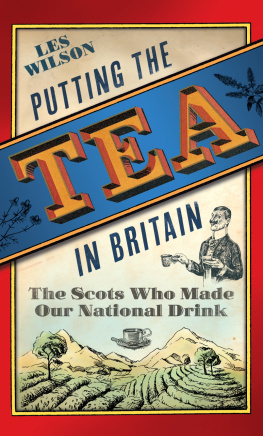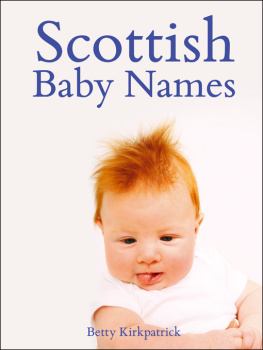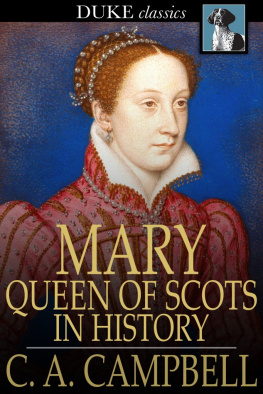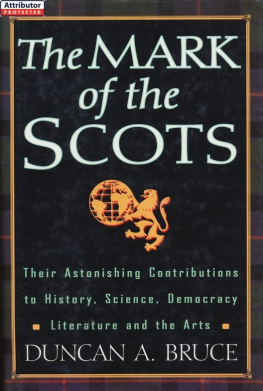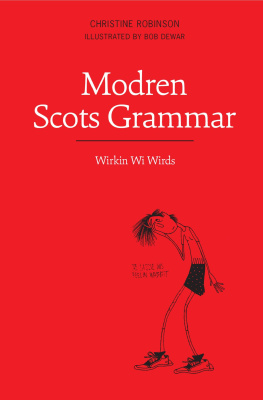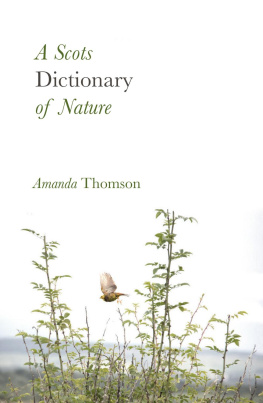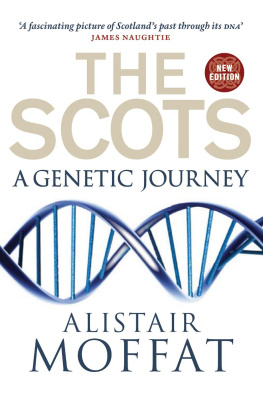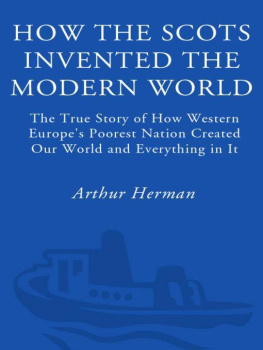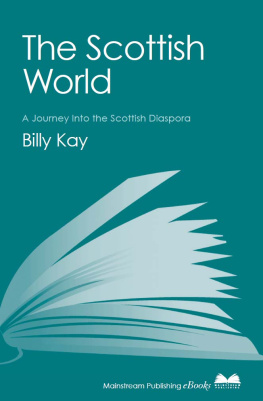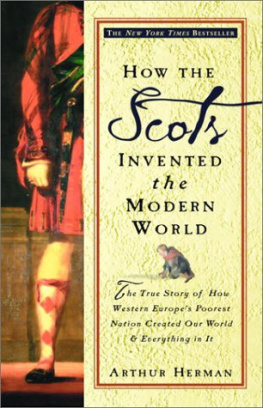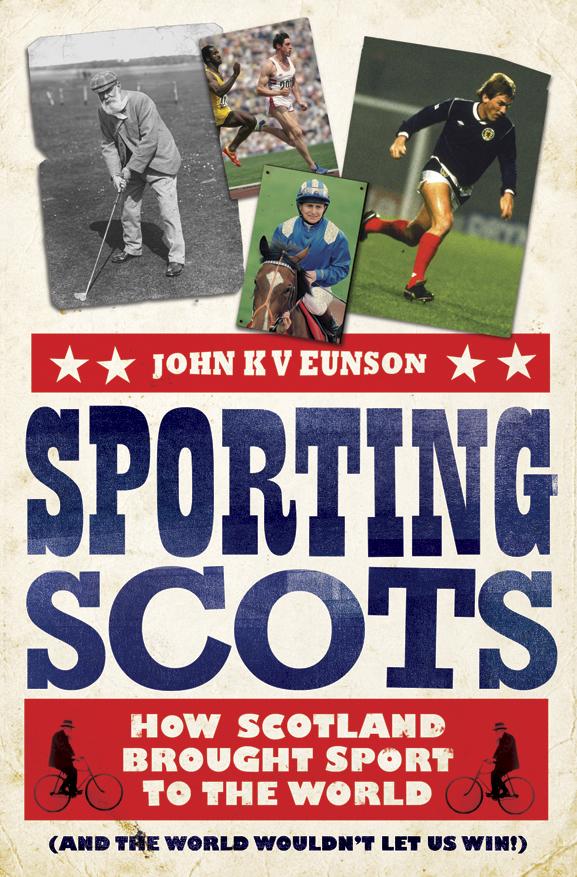I would like to thank Black & White Publishing for all their support and encouragement in bringing Sporting Scots from a haphazard idea to the hopefully much less haphazard finished article. And in particular I would like to thank Janne Moller and especially Kristen Susienka, for their input, their patience and above all their unfailingly positive good cheer.
And I would also like to take this opportunity to thank all the supporters of Dundee United, Manchester United, the West Indies cricket team, Whalsay FC, Hibernian FC, Balmain Tigers, Leeds United, Manchester City, Chelsea, Tottenham Hotspur, Rayo Vallecano, Sporting Gijon, FC Barcelona, Dynamo Thule and anybody else that I know who have arguably better things to talk about on a Wednesday evening.
For rain or sleet, disappointment or disaster, dodgy calf or basic inability to pass the ball in a straight line, there is always the eternal hope that next week might possibly be slightly better. This ones for you. Salud!
There are tens of millions of people residing in the continents of America who claim, or for that matter deny, an ancestral link to Scotland, and despite the exact number remaining statistically imprecise, we can safely say that the final figure will be several times greater than the population of the country from which they originated. For two centuries and more, Scots sailed westwards in their tens of thousands, year after year and decade after decade, in search of a new life, new opportunities and a new world, from the Arctic tundra of the Canadian north to the slave plantations of the Caribbean, down to the mines and cattle stations of Patagonia in the south. Many of these Scots left through economic necessity, as an escape route from the Highland Clearances and the social deprivation of the industrialised Lowlands, but many also departed through choice for fame and fortune and a more temperate climate even if those who were decamped into a Canadian winter discovered that they had been somewhat misinformed.
Scots would play a prominentrolein the history of the Americas. The American War of Independence, the foundation of a Federal Canada, the westwards push to the Pacific, the independence movements in South America all featured Scots in positions of power and influence, not forgetting industrialist Andrew Carnegie, the worlds richest man, and inventor and entrepreneur Alexander Graham Bell, the inventor of the telephone, who hailed from Dunfermline and Edinburgh, respectively. And alongside the plethora of Scottish politicians, businessmen, soldiers, inventors, writers, doctors, clerks, labourers, fathers, mothers and children who made up the Scottish Diaspora from Vancouver to Valparaiso, there were Scottish sportsmen and sports fans who were not going to allow a few thousand miles, a language barrier or two and a different set of rules and sensibilities deflect them from pursuing their sporting passion. Some, like the Scottish football pioneers of South America, would turn a British pastime into a national obsession, while other Scots in Canada and the USA would embrace the games the locals played and in the process become revered and iconic national figures, and in one case the purveyor of perhaps the most legendary sporting occasion in American sporting history, but all the while remaining little known in the land of their birth.
For the first golden rule of Sporting Scots, as with all Scots who left the croft and the tenement for a better life overseas, was that while in principle the Scots that remained behind were proud of the achievements of their kith and kin abroad, in truth domestic life, and sport, would always take precedence, and these great Scottish sporting pioneers were mostly forgotten by the time they reached the mid-Atlantic.
Flying Down to Belo Horizonte
If there is one running scar on the sporting psyche of Scottish sport it is the football World Cup. Granted Scotland has qualified for the World Cup Finals a not-unrespectable eight times to date, remained undefeated in the 1974 Finals held in West Germany, and four years later Archie Gemmill from Paisley managed to weave his way through the entire Dutch defence for one of the most famous goals in Scottish sporting history, but otherwise the World Cup has been, as far as Scotland is concerned, a litany of dashed hopes, incompetence, bad luck and coruscating misery. Disaster for Scotland and a lament with no end that has been covered by others in forensic detail and requires little repetition here other than to reiterate the painful facts that Scotland, the country that, as we will discover, was at one point the greatest football nation in the world and brought the game to many parts of the globe, have never managed to get past the first round of the World Cup Finals and have not won a single game in the World Cup Finals since 1990. But fear not, we are here to celebrate and understand Scottish sport and even in the graveyard of the World Cup Finals there are still stories to be told of Scottish glory and success that are honoured and revered through the decades reflected glory unquestionably, but glory all the same.
The 1950 World Cup Finals were held in Brazil. It was the fourth World Cup Finals and for the first time Scotland as well as England had deigned to play with Johnny Foreigner after having refused to have anything to do with the first three World Cups between 193038. The stage would be set for the two countries that had invented the game to take on the best the planet had to offer and no doubt give them a jolly good thrashing and a magnanimous FIFA-allocated two Finals places for the top two of the 1950 Home Nations Championships between England, Scotland, Wales and Northern Ireland. By the time of the last game between Scotland and England at Hampden, Scotland had already done enough to know whatever happened they would be in the top two. However, mere qualification would not be sufficient for those former masters of the universe. After a 10 reverse to the auld enemy, the Scottish FA decided if they werent going as British champions they werent going at all, and in a giant sulk took their ball away with them, leaving the unfortunate Scottish players to summer in Largs and Blackpool rather than Rio. Less Copacabana, more Co-ops with no bananas we were still in the era of rationing, after all.
Oblivious to all this self-inflicted Scottish angst, the English set out for South America to make their World Cup debut. The team included such greats as Stanley Matthews, Tom Finney, Billy Wright and a certain future England manager by the name of Alf Ramsey. England comfortably won their first group game against Chile 20, and with their next game against the rank outsiders the United States, qualification to the next stage seemed a formality.
The game was played in the city of Belo HorizontePortuguese for beautiful horizon and the last thing that the English were expecting were troublesome Scots spoiling the view. However, the head coach of the USA was a Bill Jeffrey from Edinburgh, who had immigrated to America as a young man and had become coach of the Pennsylvania State University soccer team; and their captain was Ed McIlvenny, a twenty-five-year-old from Greenock who had immigrated the year before and played his football in Philadelphia. Technically, McIlvenny should not have been allowed to play for the USA, as he had not been there long enough to take out US citizenship, and he also wasnt technically the team captain, but head coach Jeffrey had decided that McIlvenny should be captain for the England game, presumably in a not particularly subtle attempt to wind the English up, but even taking these factors into account nobody expected anything other than a comfortable English victory. Jeffrey himself said prior to the game that his team had nae chance, either an early example of Scottish managers using psychological mind games or an accurate summary of the realities of the situation.


